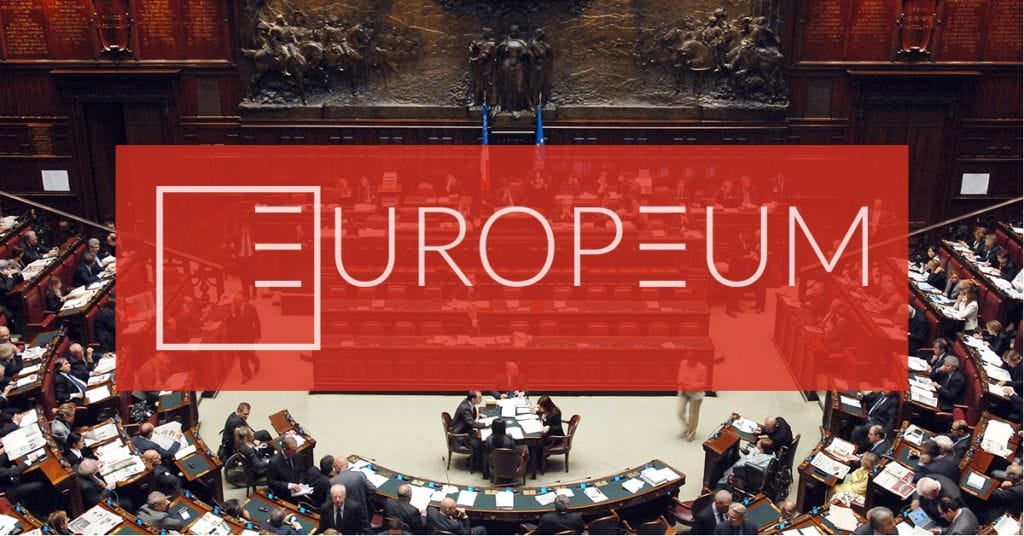A Game of Thrones: Italian parliamentary elections

- On March 4, Italy held its general elections, which resulted in a tri-polar electorate and a political deadlock. After more than 10 weeks of negotiations, the Five Star Movement and the Northern League agreed upon a common agenda to form a governing coalition. On may 18 the final draft of the coalition pact was published.
- This paper will aim to summarize the 2018 parliamentary elections by commenting on the outcome with regards to the rounds of (in)formal negotiations, pin-pointing the most surprising outcomes, and reacting to the most recent developments in order to compile an overview of the parliamentary power games.
Over time, the Italian political spectrum was filled by a large number of small parties which led to the rise of coalition politics. Many a government collapsed after a minor party had abandoned its coalition, and intra-coalitional disputes were pushed to the forefront of political discourse, together with the cries for electoral reform as an all-too-important point of parties’ programmes.
As of now, what follows from the leaked draft of the coalition pact is that the planned populist government in Italy would create substantial costs for the country’s budget—which is unacceptable to the Commission.
In fact, following international backlash and negative market responses, suddenly there is not much left on Italian sovereignty on monetary issues: the previously euroskeptic tone of the agenda seems to have rather softened up (as it did for M5S in the last week(s) before the elections), still leaving only an ambiguous passage on the renegotiation of EU treaties.
Celý policy paper je ke stažení pomocí tlačítka PDF napravo od tohoto článku.




